Getting into Anaesthetics training is highly competitive, so needs good planning and preparation. The 1st step is to get a great score in the MSRA so you can get shortlisted for interview – after that, the interview makes up the bulk of your rank. In this article, Dr Evelina Russell shares her experience and tips for the interview stage and how to prepare for it.
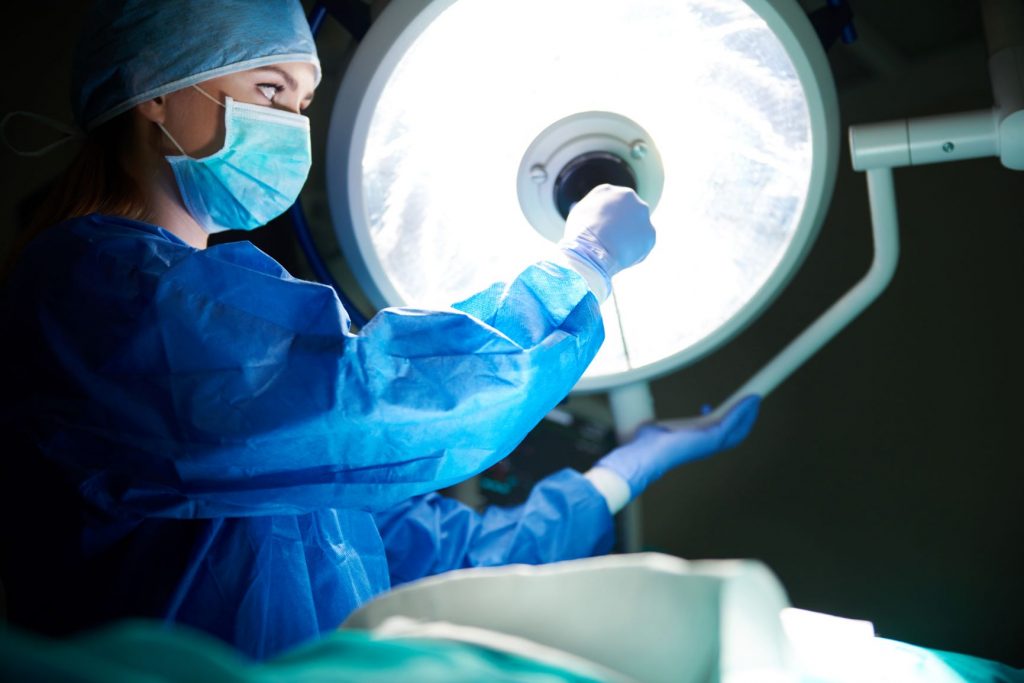
Introduction
For August 2022 entry, after navigating the oriel online application and the MSRA (Multi Specialty Recruitment Assessment) exam, the final hurdle in getting an anaesthetics training job was the interview. The interview carried significant weight in the application process; the interview score constituted 85% of the overall score, with the MSRA making up the other 15%, so preparation was crucial. I was interviewed in March 2022 and am looking forward to starting core anaesthetics training in my first choice area of London. This is part 2 of this series on how to get into anaesthetics training – I covered how to prepare for the MSRA in part 1.
I was sent an invite to interview at the beginning of February and logged into Oriel where I was then able to book an interview slot on a date and time of my choosing. The slots are allocated on a first come, first served basis so it is worth keeping an eye on your emails! I had just over a month to prepare before my interview in March.
The interview structure and format
As a result of the Covid-19 pandemic, key changes were made, most notably the move to an online interview format via Microsoft Teams for August 2021 entry. The structure was a 30-minute general interview for August 2021 entry, and then for August 2022 entry, this was changed to a 30-minute interview split equally into a clinical interview and general interview.
There were 2 assessors, both of whom were clinicians who scored independently on a set of domains for both the clinical and general interviews. Each domain had equal waiting, scoring 5 points each, and a global rating was given by each assessor scoring up to 10 points, relating to the assessor’s judgement of overall performance across the whole interview.
For the clinical interview, I was given a clinical scenario and had 2 minutes to read it. I was then asked a series of questions in relation to the scenario over 15 minutes, assessing the following domains:
- decision making
- team working
- working under pressure
- reflective practice
This followed into the general interview where I was asked questions on the following domains over 15 minutes:
- commitment to specialty
- involvement in teaching, audit, QI (Quality Improvement), research
- qualifications and experience
- reflective practice
There was no requirement for a portfolio or to physically show evidence and the domains were assessed through verbal discussion alone.
Preparation
The ANRO (Anaesthetics National Recruitment Office) website had a wealth of information regarding the structure, format, scoring and conduct of the interview and I started my preparation by familiarising myself with this so that I knew how best to prepare and what to expect on the day. I then moved onto thinking about how I would answer potential questions, before practising my answers aloud. Most of my preparation for the interview was practise, practise, and more practise and this really helped!
There are generic interview courses available and those specific to the anaesthetics interview, available at a cost. Whilst these are not endorsed by ANRO, they are well reviewed and may be worth exploring. Similarly, there are books and online resources available on interview skills, and I found the ISC medical interviews handbook useful for frameworks to answering commonly asked questions.
Preparing for the clinical interview
Although it was the first year an online clinical interview had been conducted, a clinical interview station had been used in previous face to face anaesthetic interviews. There was, therefore, information to read online from previous applicants of clinical scenarios they had been given and I started by making a rough list of potential scenarios that I could be faced with. These were scenarios commonly encountered when on-call as a foundation doctor and once I had my list, I made sure that I knew the management each of them. Clinical exposure at work and recent preparation for the MSRA meant that this was a straightforward process.
A good working knowledge of an A&E assessment and the ALS (Advanced Life Support) algorithms was imperative and gave a framework to talk through most scenarios that could have been presented. Similarly, whilst a degree of knowledge was no doubt required to progress through the clinical scenario, there was no specific scoring domain for clinical knowledge. I tried to keep this in the forefront of my mind when preparing and spent time thinking about how I would demonstrate the relevant scoring domains in the way that I talked through my approach and management of a given scenario. For example, rather than reading in-depth about the latest treatment options for atrial fibrillation, I instead made sure that I could confidently and logically talk through how I would approach a patient with palpitations, who I would need to involve, what equipment I may need, how I would prioritise tasks and escalate concerns appropriately.
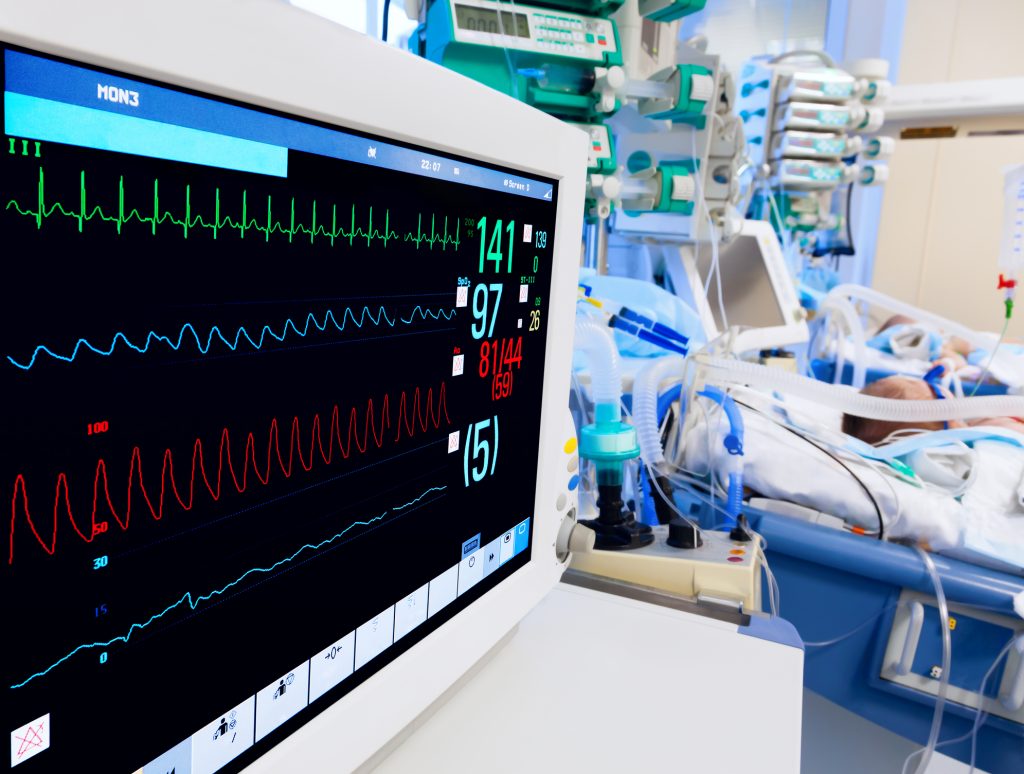
Preparing for the general interview
I started by learning how to structure my answers using frameworks such as CAMP and SPIES. An outline of these frameworks can be seen below:
The CAMP framework can be used to structure responses to questions regarding background and motivation. It includes the following 4 parts:
- Clinical – jobs done so far, clinical skills developed, relevant clinical experiences
- Academic – any relevant audit, QI and research projects, courses attended and teaching experiences
- Management – experiences in management and leadership
- Personal – interests and extra-curricular activities
The SPIES framework can be used to structure responses to questions regarding ethical and professional issues. For example, how to deal with a colleague on a ward round who smells of alcohol. SPIES includes the following 5 parts:
- Seek information – attempting to find out if there is a problem and what has happened
- Patient safety – taking steps to find out if patient safety is compromised, and if so, how to resolve this
- Initiative – establishing what can be done immediately to help resolve the situation
- Escalate – involving appropriate colleagues
- Support – offering support to the individual or team, through discussion, debrief or other
Then, I made a list of my various qualifications, achievements, and experiences to date. I found it helpful to use the person specification, available through ANRO, to make sure I had relevant examples for the essential and desirable criteria being looked for. I then wrote answers to expected interview questions using the frameworks and tried to ensure that I was hitting the scoring domains. For example:
“What would make you a good anaesthetist?”
“How has your training so far prepared you for a career in anaesthetics?”
“What audit work have you done?”.
Once I had written mock answers, I read over them but avoided learning them word for word to avoid becoming robotic.
Practise, practise, practise!
Interview nerves are common, and I was no different. Practising as much as I could was the best thing I did to prepare and helped me to feel more at ease on the day. Practising on my own helped me to get used to talking things through, but the most valuable part was practising with others. I practised with friends, colleagues and with anaesthetic registrars and consultants, and paid close attention to the feedback I was given. I did mock interviews online using Microsoft Teams prior to my interview date which helped me to get used to the timings, the feeling of being on the spot and how to approach unexpected questions. I am grateful for their time as I am confident it helped me to get my job!
On the day
I made sure that I had a quiet setting, a reliable internet connection and my ID ready. During the interview, I tried to remember to smile, look into the camera, listen carefully to the questions asked and to answer calmly and coherently. The interview was time pressured and at times I was cut off, but I tried to not let this distract me and it was over before I knew it!
Although the interview process was daunting, it was made easier with preparation and plenty of practise. I hope this article helps to make the process a little easier for you too. Good luck!
Dr Evelina Russell
Dr Russell had one of the highest MSRA scores in the country, with a total score of 640 – 318 for the clinical paper, and 322 for the SJT paper. After doing well at interview she got her 1st choice job.
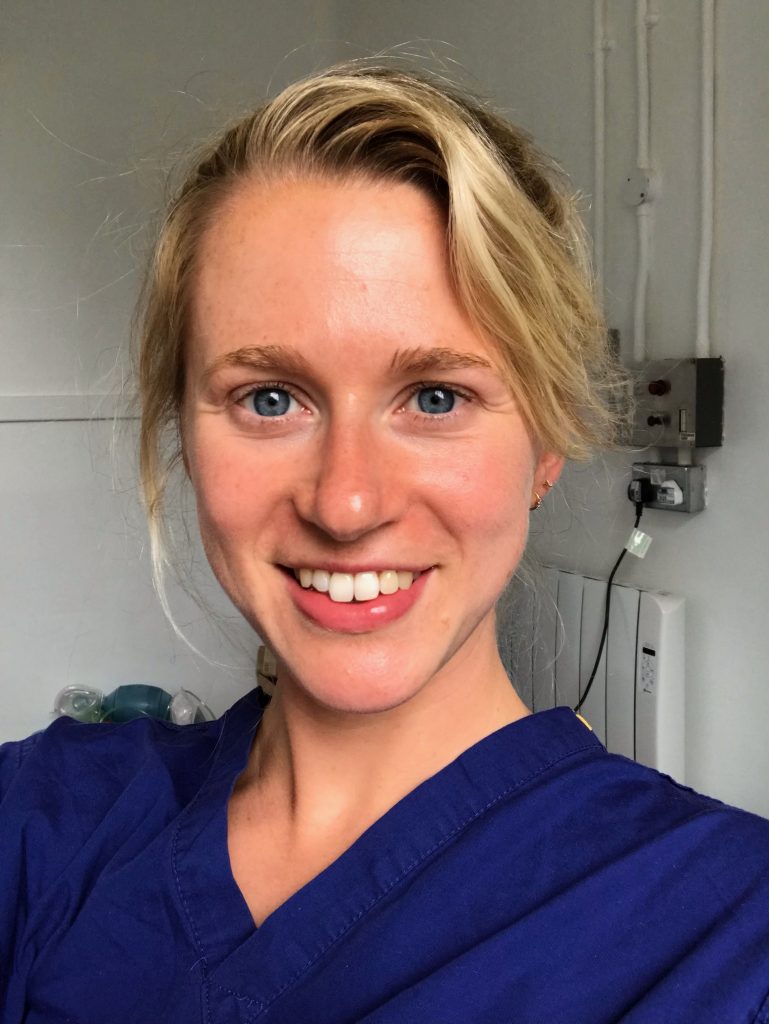

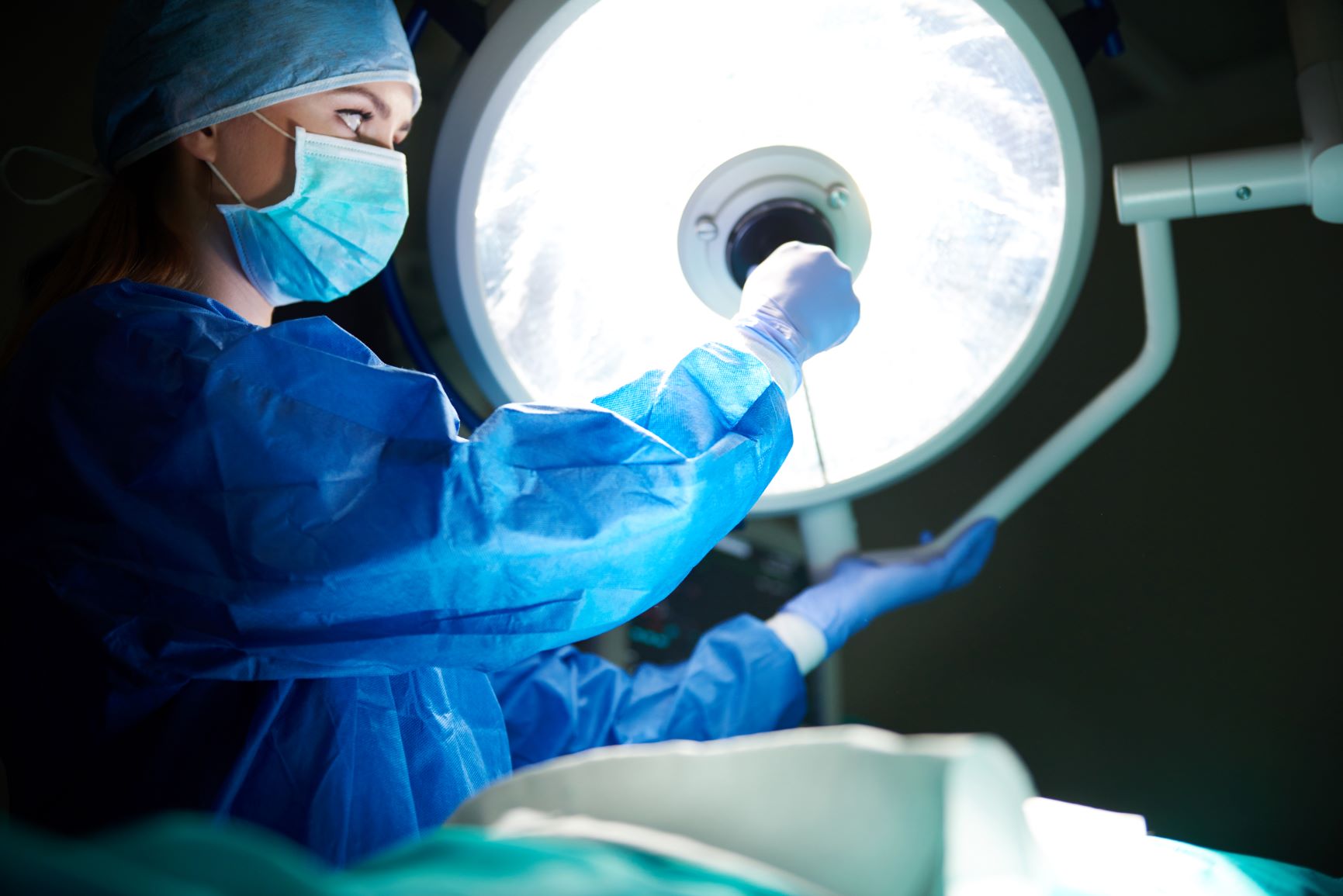
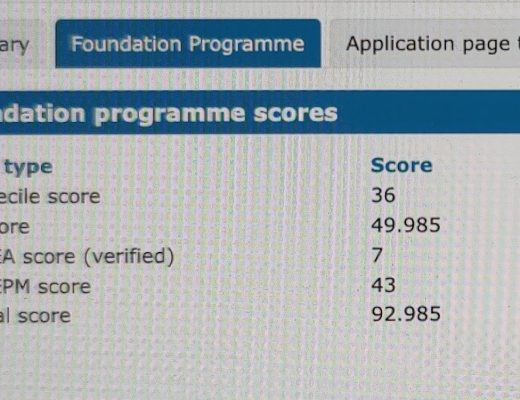

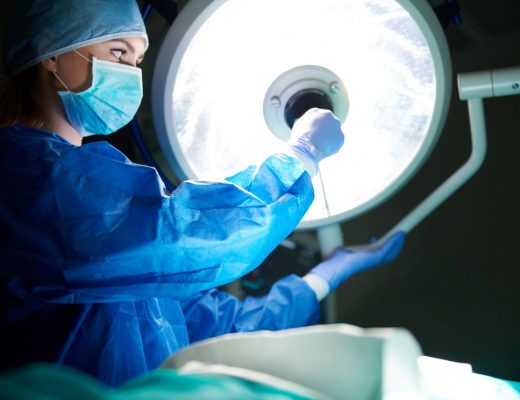
No Comments